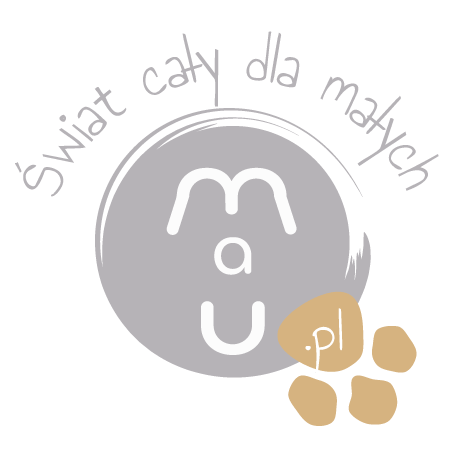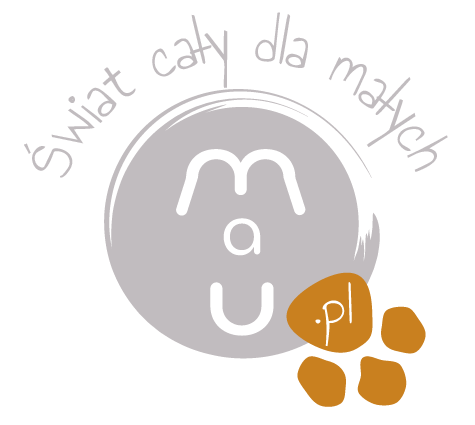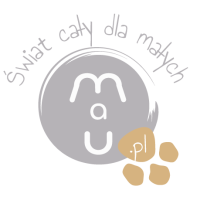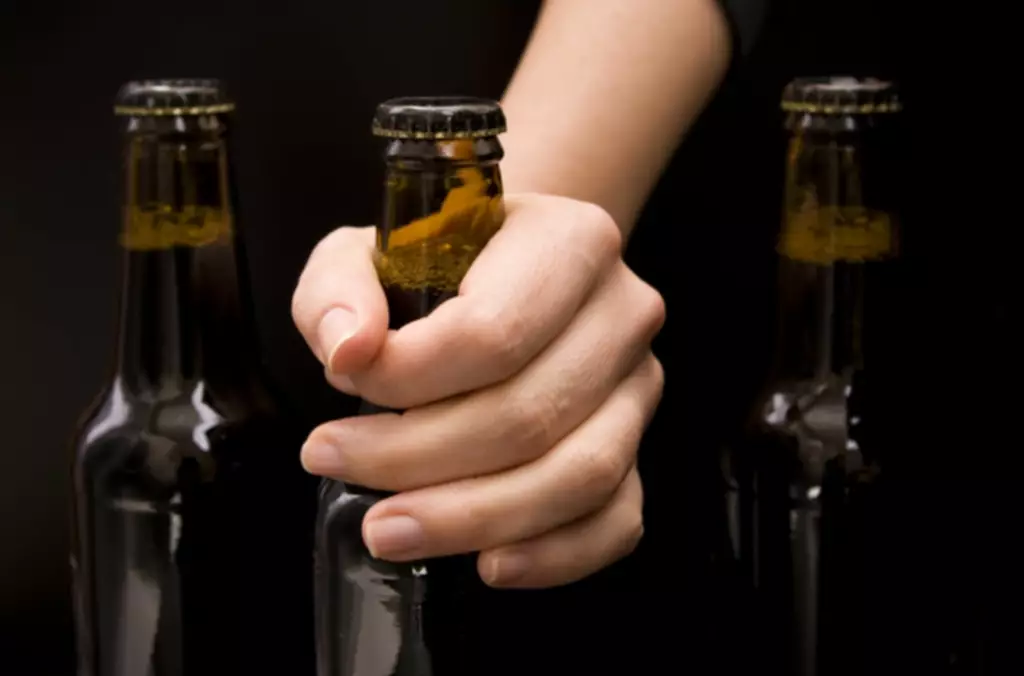
Even though the atmosphere may be judgment-free, the response to sober bars isn’t always as welcoming. Both the Clarks and Mestecky have faced criticism on the price point of NA drinks, which tend to be similar in cost to cocktails with alcohol. They say alcohol-free spirits, bitters, and tinctures are often just as expensive (if not more) as their boozy counterparts. An NA whiskey goes through the same distillation process as regular whiskey and requires additional steps for alcohol removal. Being sober curious means taking an introspective look at yourself and your drinking habits. It’s an intentional method, meant for people to change their lifestyle by no longer drinking at all or drinking more mindfully.
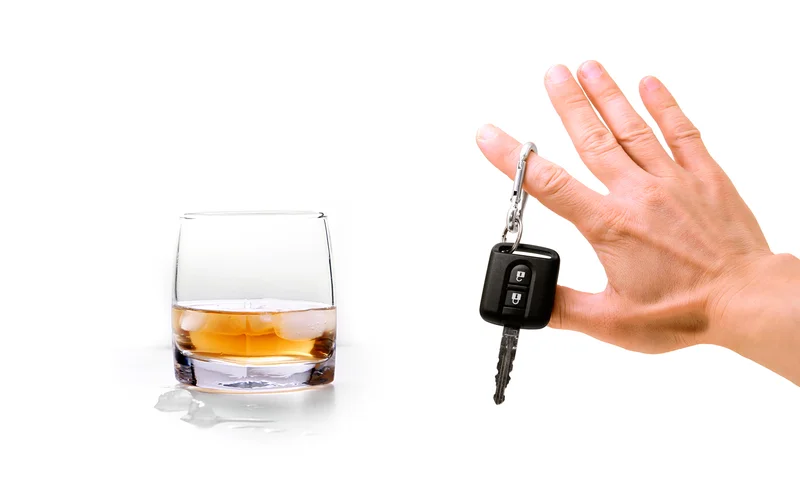
Onda, Pack of 8 — $15.00
Their Ghia Soda and Ghia Ginger are also favorites in my household! We love Ghia for the elevated experience it brings, inspired by the Mediterranean tradition of aperitivo — the traditional pre-meal drink intended to whet your appetite and prepare your stomach. Last year (2022), singer Katy Perry launched De Soi, a nonalcoholic aperitif with natural adaptogens and botanicals. In 2021, actress Blake Lively launched a nonalcoholic drink line, Betty Buzz. Supermodel Bella Hadid partnered with Kin Euphorics, an aperitif-style “mood-boosting spirit” infused with adaptogens and botanicals. Launched in 2019, in March 2023, Trip became the fastest-growing soft drinks brand in the UK, with 522% growth over 12 months.
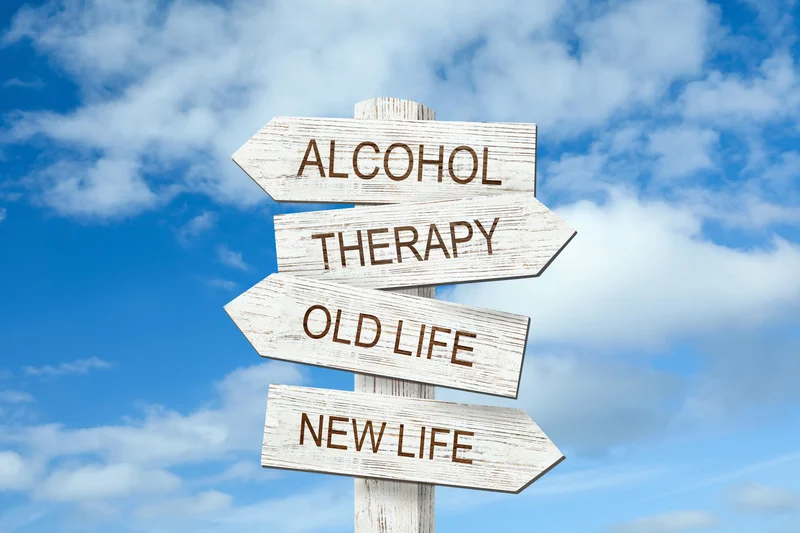
We Review Curious Elixirs Non-Alcoholic Cocktails (
‘I’m just taking a break’, or, ‘I’m trying something different’ usually does the trick without inviting further questions. I realised I didn’t need alcohol to feel fun, confident, or relaxed. Those feelings are within us already, we just have to give ourselves the chance to tap into them. Drinks add up fast – especially when you’re treating yourself to that ‘just one more’ cocktail. Suddenly, I had extra cash for the things that genuinely made me happy, like trips, self-care splurges, or even just saving for something special.
Three Spirit
- Megan Klein founded Miami-based Little Saints for people who — like her — love cocktails, but hate hangovers.
- However, if people are out and about, survey data shows the go-to alcohol-free beverage people order is a soft drink, followed by water, tea or coffee.
- According to Mestecky, another perk of dry bars is that they have the tendency to be safe spaces.
- Over two in five (41%) have been asked that question by others.
- This growing shift in lifestyle is known as the Sober Curious Movement, and it’s changing the way we think about socializing, wellness, and what we sip on.
Giving up alcohol typically isn’t easy for people with alcohol use disorder. Maintaining sobriety involves a lot of hard work, and it’s a lifelong process for many. You may have heard of “Damp January,” which is where people reduce their alcohol intake instead of giving it up completely. You can have concerns about your drinking habits even if you don’t meet the criteria for alcohol use disorder. Month-long sobriety challenges like Sober October and Dry January have encouraged people to reevaluate their alcohol use.

Why non-alcoholic cocktails often cost as much as their boozy counterparts
- A “low” ABV version is made from Haku Vodka, Everleaf Marine, cacao, dark chocolate, vanilla, merlot and bitters.
- I certainly didn’t down fine wine paired with a degustation menu, or a refreshing glass of GNT on a night out with friends.
- You can ask a lot of cocktails nowadays for a mocktail, or ask for a drink that they have, a product that they have that they’re selling from one of these brands that we’ve mentioned.
For more, check out our full review of non-alcoholic wine alternatives here. Founded by a former hydroponic farmer, Little Saints has an approach that combines food science and sacred plant medicines. The brand has reinterpreted classic faves like the negroni or mimosa into sugar-free, canned, non-alcoholic sparkling mocktails. They also make St. Ember, what they call a “plant magic” spirit, designed to lift you up without the negative effects of alcohol. I combined St. Ember with a little soda for a complex mocktail that was smokey and woody from its ginger, cardamom, and palo santo extract.
APOTHÉKARY: Herbal Tinctures As Wine Alternatives
- The movement refers to individuals becoming more mindful of their alcohol consumption without necessarily committing to complete abstinence.
- In the first half of 2024, sales of both alcoholic and non-alcoholic drinks were very even, with 9,000 more non-alcoholic drinks being sold.
- Try these expert-approved coffee brands that check the boxes when it comes to quality beans.
- They’re going light on the spirit replacements and instead crafting unique, standalone drinks using seasonal fruit, local herbs, and adaptogens that they hope will appeal to everyone, sober or not.
Highlights include the “Pineapple,” which features pineapple peel-infused mezcal, basil, lime and coriander in the alcoholic version, and roasted pineapple soda, green pepper, banana and chipotle in the 0% ABV version. The latest health and medical news emailed to you every Sunday. “These are multimillion dollar launches,” she said, from research to marketing the final product. In an industry where small producers have been pushing the envelope for years, alcohol rehab big brands getting in on the action is a double-edged sword, said Kate.
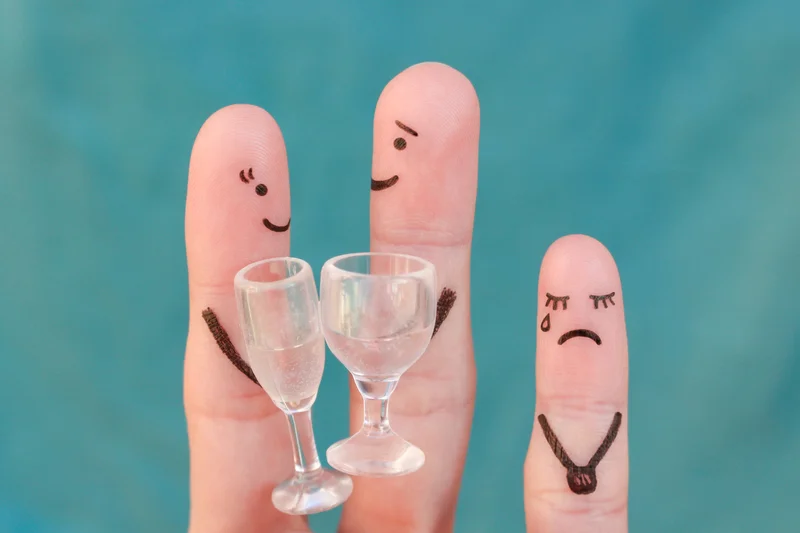
These substances invite a more thoughtful and intentional engagement with altered states of consciousness. Psychedelics, in particular, offer profound therapeutic benefits by promoting neuroplasticity and emotional healing, often providing breakthroughs in areas where traditional treatments have failed (Perkins and colleagues, 2021). The rise of alcohol-free drinks, alongside alternatives like psychedelics, reflects a broader cultural reevaluation of how substances are used to manage mental health and social experiences.

It’s much easier to stop after one glass when you’re not staring at an open bottle. It included just 16 people who had been in the habit of drinking about two drinks per day on average. Still, the findings were provocative, scientists say, and merit following up. A 2016 British study of about 850 men and women who volunteered to abstain from alcohol during Dry January found that participants reported a range of benefits. For instance, 82 percent said they felt a sense of achievement. “Better sleep” was cited by 62 percent, and sober curious 49 percent said they lost some weight.



